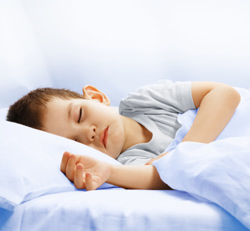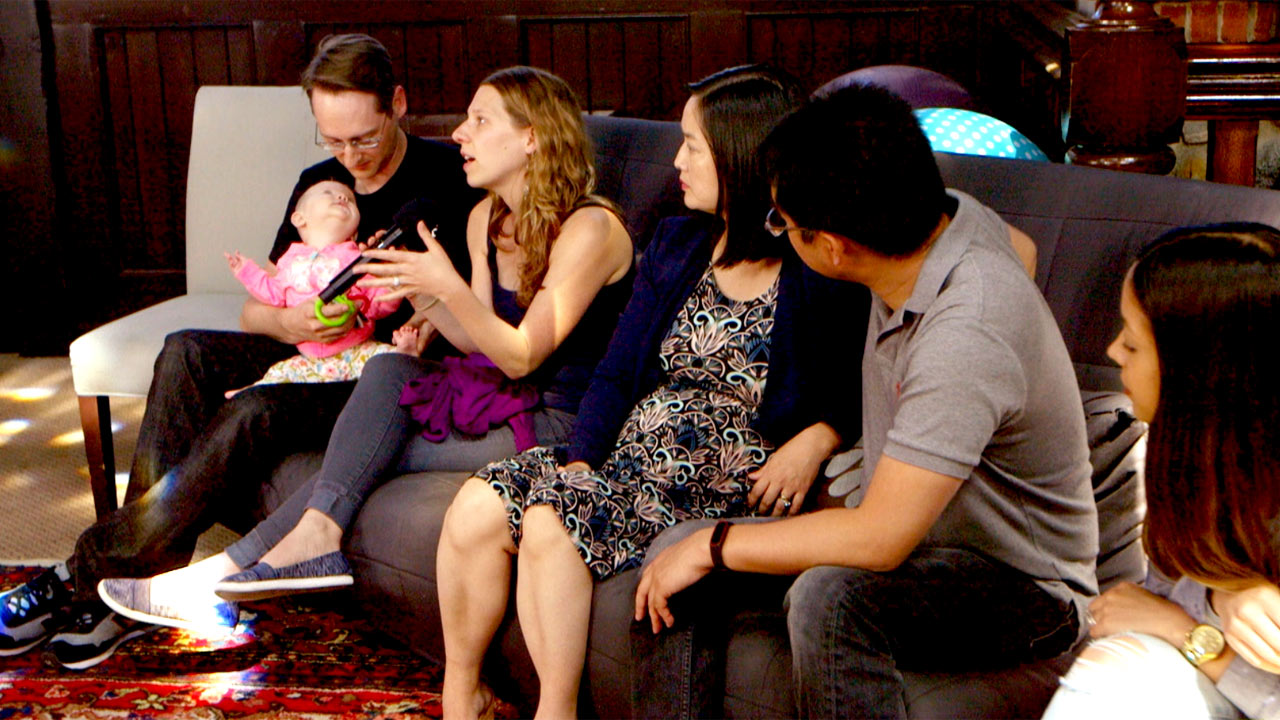4 Essential Sleep Habits for Kids

by Peg Rosen
A good night’s sleep for grade-schoolers and teens means at least 10 hours of solid shut-eye, according to the National Institutes of Health. For preschoolers, it’s 11-12 hours, and for babies it’s up to 18. But many kids are falling short … and paying the price.
New research from The University of Chicago suggests that youngsters who don’t get enough rest are more than four times as likely to be obese as their well-rested counterparts; sleep deprivation has been shown to disrupt levels of chemicals that regulate appetite. And Spanish researchers recently found that kids who don’t log an adequate amount of shut-eye are more likely to struggle in the classroom, where poor sleep habits hinder their motivation and compromise their ability to concentrate, memorize, write and spell.
One of the biggest sleep-snatchers is electronics, according to Timothy F. Hoban, director of pediatric sleep medicine at the University of Michigan Medical Center. “Thirty years ago, there were no game systems, personal computers or mobile phones. This technology is now commonplace and often available in the child’s own room,” he says. But bad sleep habits are also to blame.
Here are Hoban’s top tips for getting your kids’ sleep situation under control:
- Keep a regular bedtime schedule: Not just on school days, but seven days a week. “Children who are weekend night owls or sleep in on the weekends will often have a very different sleep pattern than they do on weekdays, increasing the likelihood for insomnia during the week and making it more difficult for them to fall asleep at an appropriate time on school nights,” says Hoban.
- Establish and follow a regular bedtime routine: Easing the transition to nighttime sleep is almost as crucial for older kids as it is for young ones. About 15-30 minutes before bedtime, try to establish a calm atmosphere in the house. Pry kids away from electronics and encourage them to chill out for a while and read. Make it clear that computers, handheld games and phones must be turned off for the night.
- Balance and prioritize: After-school activities are great. But if your child is so overscheduled that she’s up late doing homework and tossing in bed over all she has to do, it’s time to identify what’s really important … and eliminate the activities that aren’t.
- Walk the walk: No need to hit the sack at 8 p.m. However, parents who have regular sleep patterns and healthy sleep habits are important role models for their kids. That means not keeping the house hopping till the wee hours on an ongoing basis. And maybe even moving the television out of your bedroom. You might just end up better-rested yourselves.
Photo: @iStockphoto.com/francisblack
Peg Rosen has contributed to numerous magazines and websites, including Healthy Kids, MORE, Redbook, SELF, Real Simple, Parents, Family Circle, American Baby, ParentCenter.com and WebMD.com. She blogs at Relish-This.Blogspot.com.




